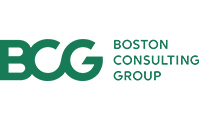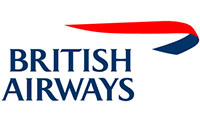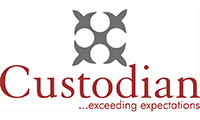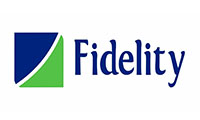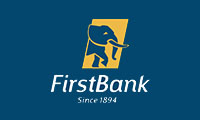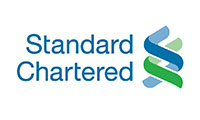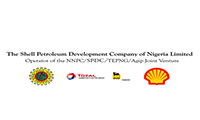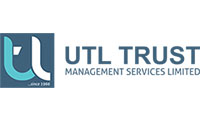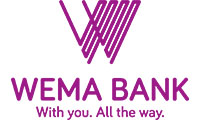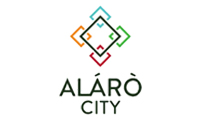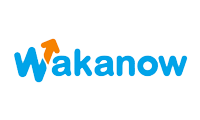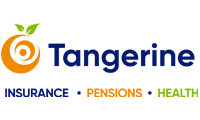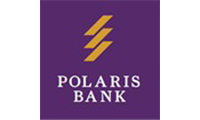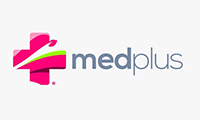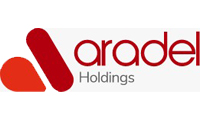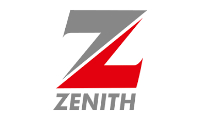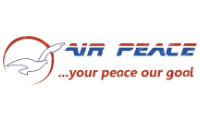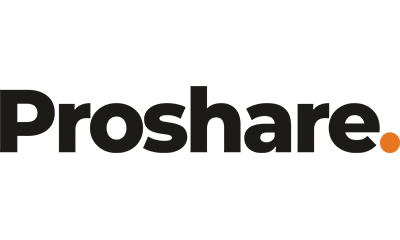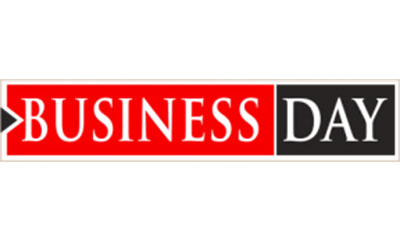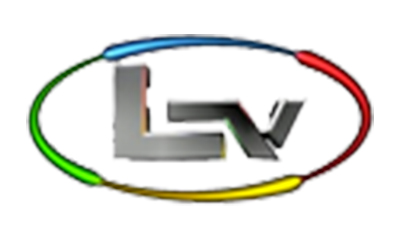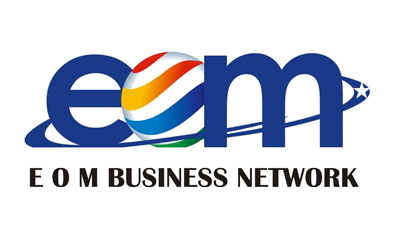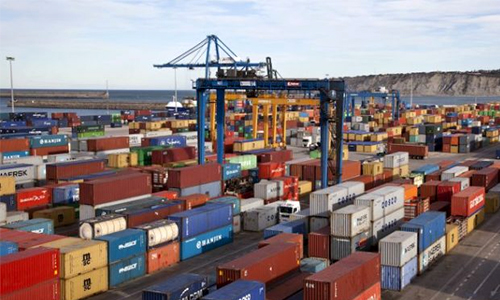
Nigeria is losing billions of Naira it has the opportunity of earning due to the failure of government to commence implementation of a one-stop-shop cargo clearing system at the nation's ports, LEADERSHIP reports.
This development, according to sources, has provided opportunity for dishonest government officials and shippers to short-change government through making human contacts and negotiating to their own advantage what should go to government's coffers.
The federal government introduced the Nigeria Single Window Trade Portal, a cross-government website that is expected to aid trade facilitation by offering a single portal for trade actors, both Nigerian and international, to access a full range of resources and standardised services from different Nigerian government agencies.
The NSW Trade Portal is expected to facilitate trade by offering a platform for users to: Consult trade information online, for example, tariff search, arrived vessels, regulatory guidelines; Submit trade documents and track their trade transaction status online; Pay online through e-payment facilities using credit card (this function is to be deployed in the next phase; Access help-desk, trouble tickets, and other support services online (for registered users); Quickly reference important information on different government agencies involved in trade matters, as well as link to their websites through a convenient hub.
But many years after, the NSW has not been fully integrated with other platforms of government's agencies.
The automation expected at the ports is still a mirage as cargo clearance are still being done manually. From the Nigerian Ports Authority (NPA), Nigeria Customs Service (NCS), Nigerian Maritime Administration and Safety Agency (NIMASA), Nigerian Shippers Council (NSC), SON, amongst others, port processes are now online. However, integration of all these processes is still a tall dream.
A source told LEADERSHIP yesterday that it is unfortunate that the federal government appears to lack the will to commence the implementation of port automation for reasons that are unclear. He said the nation's port relied heavily on manual inspections which delay cargo clearance and add to the cost of doing business at the ports.
"Nigeria is not a serious country. How can you allow people to use their discretion to value what should be paid to the government? Nigerian ports have no scanners and Customs officials use manual efforts to inspect goods. The human contact gives room for sleaze to thrive. The country's economy is bleeding as the nation is losing billions of naira to this practice," said the source.
According to him, automation of port processes will increase efficient service delivery, friendlier business cost, improved revenue to the federal government and facilitation of legitimate trade.
Speaking at a recent event on the need to integrate all online processes of government agencies, the executive secretary/CEO of the Nigerian Shippers' Council, NSC, Mr. Hassan Bello agreed that there is definitely some level of improvement on automation, but would wish that the standard as obtained in advanced ports comes to play in the Nigerian maritime environment.
Bello called for the adoption of virtual ports operation as imperative in fast-tracking development in the maritime sector, adding that the present system in the ports industry was too cumbersome. He called for integration of all stakeholders’ online platforms in the sector, including the Customs Service, NPA, NSC, importers, terminal operators, and freight forwarders to achieve a 24-hour ports service.
The NSC, last year, expressed optimism on the attainment of 90 percent digitisation of ports operations by first quarter of 2021, as part of measures to enhance port-friendly environment and boost cost efficiency.
Bello said that government, through the Council, had since begun the process of full digitisation and integration of the Nigerian seaports, a development he said had improved the various ports stakes, services, businesses and operations.
But the nation's seaports still lack automation that would make it compete favourably with neighbouring seaports and wrest the hub from tiny Francophone countries like Togo and Benin Republic. These countries that are regarded as the hub in West and Central African countries have automated their port processes as well as having single window platforms and scanning machines that make cargo clearance seamless.
On the contrary, Nigeria is struggling with single window while there have been series of unfulfilled promises from the government and the Nigeria Customs Service (NCS), in providing scanning machines for the seaports in Nigeria.
Maritime stakeholders have however said that the absence of a national single window platform at Nigeria's seaports is reportedly costing the nation a whopping N1.08trillion in customs revenue annually.
They argue that facilities such as Single window scanners are needed to facilitate quick cargo evacuation and seamless port operations.
The president, National Association of Government Approved Freight Forwarders (NAGAFF), Mr Uche said automating Nigerian seaports is long overdue.
According to him, government should provide single window for agencies of government in the ports as well as shipping companies, terminal operators and clearing agents for seamless cargo clearance.
He said, "We are managing a moribund port because automating clearance process from end to end is long overdue. Shippers Council has been the only organisation to ensure that the port is fully developed through automation, but like other agencies, they should join the council in ensuring that the port is automated.
"We should have a single window that comprises every player in the port system; that will drive effectiveness."
"Single window will allow all agencies at the port to speak to themselves and be seeing what others are doing. All clearance documents will be updated on a single platform where everyone involved will see it. But Nigerian Ports presently is operating a haphazard automation."
Uche lamented that the agencies of government operate independently as they cannot interact with one another on the current platform they operate.
Bottom of Form
"The agencies can't speak to themselves. For instance, on NICIS created by Customs, Standard Organisation of Nigeria (SON) can only view but cannot make input on a particular consignment, rather they will have to write physically to the Nigeria Customs Service if there is a query. That doesn't encourage efficiency," he said.
Also, the public relations officer, Association of Nigeria Licensed Customs Agents (ANLCA), Joe Sanni, said the simple thing to do is to automate all the whole port processes by bringing in scanners and letting them have direct access into that single one-stop shop window.
He said, "We had recommended this thing long time ago when Prince Shittu was a member of Presidential Task team to look into the ports crisis all over the country. We travelled everywhere and I was with him. The singular problem against the implementation of the system otherwise is lack of trust among agencies of government. They don't trust each other at all and they want to tell each other lies because the whole gamut of the process is that I want to take the glory for it."
"If Nigeria cannot practise single window," he noted, "there is no way the country can up its revenue because all these leakages, people are benefiting from it."
He said there is still pysical examination of cargo clearance due to lack of scanners, as he urged government to equip the whole place with scanning machines such that as the cargoes are coming down from the sea, they are going through the system for clearance.
He said if other countries like Ghana, Senegal and Togo could adopt single window concept, why is so difficult to do in Nigeria.




